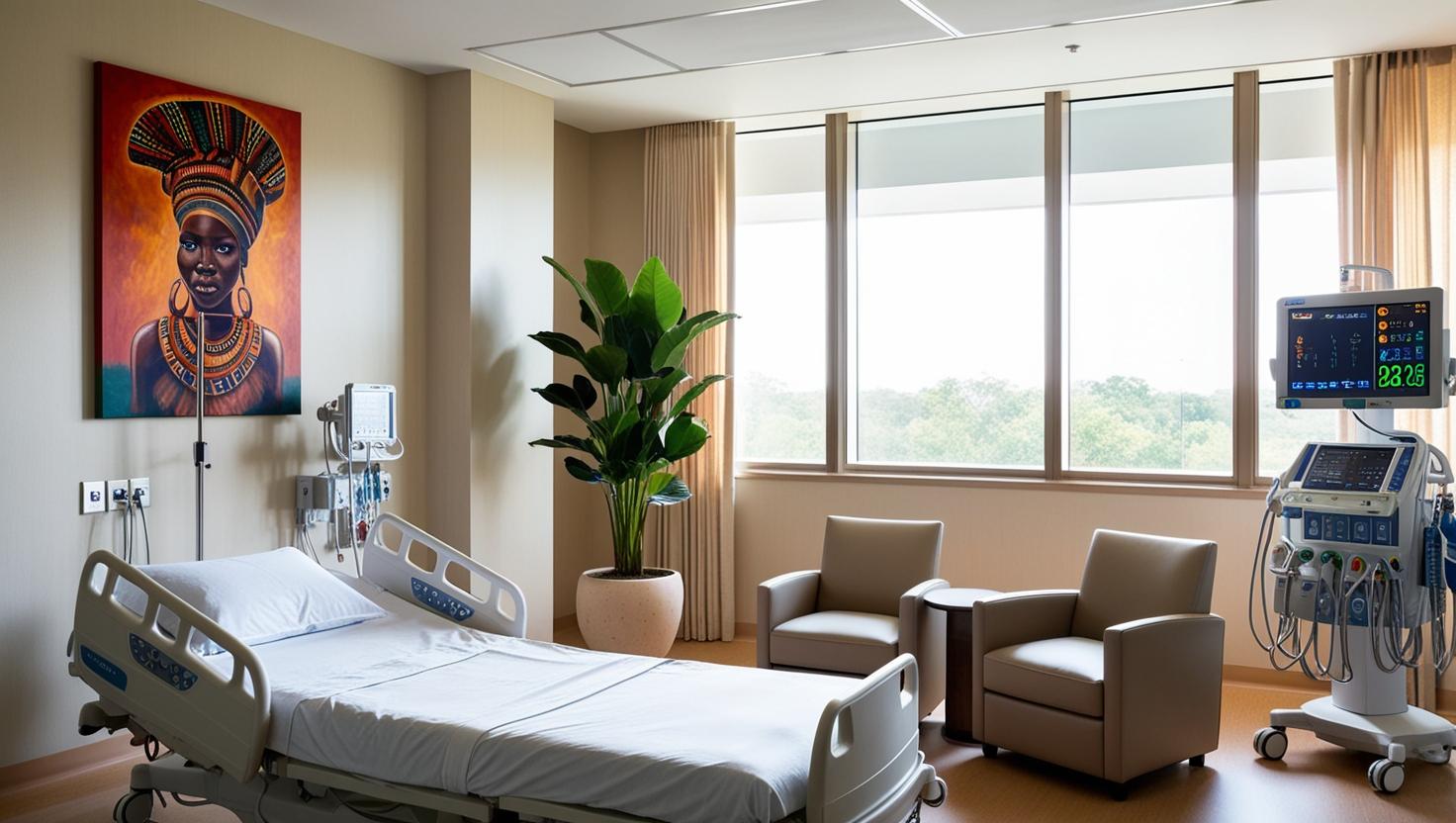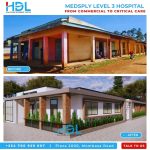What Makes for Hospital Construction Success?
Hospital Construction Success goes beyond laying bricks,it encompasses strategic planning, regulatory alignment, functional design, and a long-term vision. Achieving true Hospital Construction Success requires a meticulous balance of efficiency, safety, sustainability, and adaptability, ensuring that both healthcare professionals and patients benefit from high performing, future-ready care environments.
1.Comprehensive Planning & Needs Assessment
Every top performing hospital construction project begins with strategic foresight. This includes:
- Conducting a feasibility study to gauge community healthcare needs and demographics
- Mapping site location, disease burden, and facility scope
- Delivering a hospital construction project management plan with clear timelines and budget analysis
The master plan, developed collaboratively by top healthcare design firms, architects, engineers, and healthcare practitioners, ensures alignment across all stakeholders. Such integrated project delivery fosters clarity and promotes hospital construction success .
2.Regulatory Compliance & Building Standards
To attain compliance, projects must adhere to:
- National codes (e.g., Kenya MoH, NEMA, KMPDC)
- Global standards (WHO, JCI, ISO 14644)
- Fire safety, accessibility, and infection control protocols
Early stakeholder engagement, including regulators, is essential to streamline permit approvals and ensure quality assurance through testing and commissioning .
3.Engaging Stakeholders & Assembling the Team
Selecting the right hospital construction companies and best hospital constructors in Kenya hinges on experience. Effective teams include:
- Project management leads
- Healthcare design specialists
- Biomedical engineers
- Construction managers
A team selection & talent process ensures collaboration from Day One, with input from all users, doctors, nurses, support staff underpinning every design axis.
4.Efficient Space Planning & Functional Design
Highly functional hospitals channel patient and staff movement efficiently:
- Strategic hospital construction layout ensures direct flow to emergency, outpatient, ORs, and ICU
- Zoning prevents cross-contamination: sterile zones, clean zones, and grey zones
- Smart corridor design enables supply movement without disrupting clinical flow
This constructability & expandability supports future increments without halting operations .
5.Integrating Healthcare Technology & Infrastructure
Modern institutions embed technology:
- Electronic Medical Records (EMR) systems
- Telemedicine infrastructure
- Smart HVAC, LED lighting, renewable energy systems
Integrated delivery ensures tech deployment aligns with patient care requirements and energy-efficient strategies, enhancing medical facility construction outcomes
6.Sustainable Construction & Future-Proofing
The best hospitals meet present needs and anticipate growth:
- Use eco-friendly materials
- Modular, flexible internal design for future add-ons
- Water recycling, waste segregation, and green energy integration
Such future-proofing ensures the facility scales with healthcare demands.
7.Budgeting & Cost Management
Hospital Construction Success relies on meticulous financial discipline:
- Transparent cost tracking and procurement
- Leveraging competitive bids to maximize value
- Integrated risk management to cushion against overruns and delays.
Continual budget reviews preserve project integrity and stakeholder trust.
8.Safety Protocols & Quality Assurance
Hospital safety goes beyond compliance:
- Fire suppression, accessible exits, alarm systems
- Robust infection control
- Thorough testing & commissioning of all systems (electrical, plumbing, ventilation) Rigorous quality control underpins trust and facility longevity.
9.Skilled Workforce & Professional Partnerships
The best hospital construction company brings talent:
- Certified constructors in Kenya with healthcare experience
- Interdisciplinary project teams
- Continuous staff training on safety and infrastructure maintenance
Such collaboration maximizes care outcomes and ensures smooth operations during and after construction.
10.Flexibility, Resilience & Expandability
A resilient hospital adapts to future needs:
- Modular design allows for expansions
- Emergency-friendly layouts support surges
- Digital capacity built into infrastructure
Proactive planning means facilities can evolve quickly during health crises or demographic shifts
Wrapping Up: What Defines Hospital Construction Success
Success in hospital construction comes from a fusion of:
- Strategic planning & stakeholder engagement
- Regulatory compliance and adherence to global standards
- Strong project teams with relevant healthcare experience
- Smart, adaptable design and advanced infrastructure
- Balanced budgeting, sustainable practices, and rigorous safety protocols
Besides partnering with experienced experts like Healthcare Designers Limited (HDL), one of the best hospital construction companies, developers can navigate complexity and execute successful medical projects.






